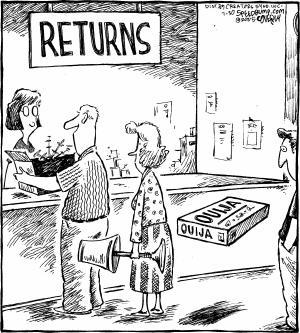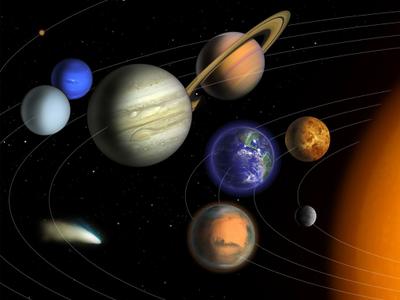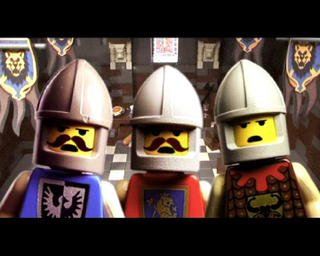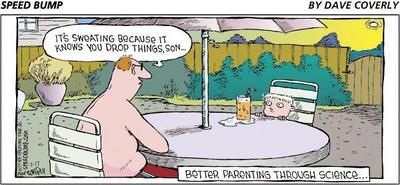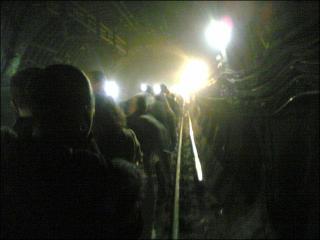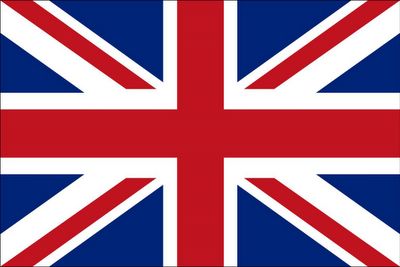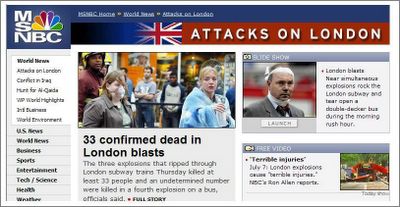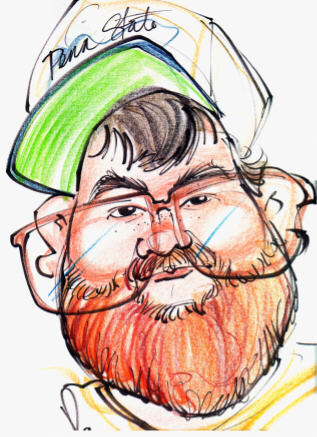With the blast that film critic Roger Ebert gave The Fantastic Four you would think he was related to Victor von Doom, the film's villain. The review is weighed down with vitriol: "And the really good superhero movies, like 'Superman,' 'SpiderMan 2' and 'Batman Begins,' leave 'Fantastic Four' so far behind that the movie should almost be ashamed to show itself in the same theaters." While I will agree with Mr. Ebert that this film almost totally lacked character development - a hazard faced whenever trying to launch a franchise with a movie that tries too hard to please everyone - and loped along with the most tenuous of story lines, it was a great popcorn movie. Rather good special effects, though not ground breaking, keep the movie alive. The casting was fairly inspired with Julian McMahon's portrayal of Dr. Doom being about as good as comic book movie villains get.
 Spider-Man (2002), it's sequel two years later, Batman Begins (2005), and 1989s Batman (featuring Jack Nicholson as the Joker in screen history's ultimate delineation of a comic book villain) are exceptions to the rule that superhero movies are usually bad, very bad, or simply not released after production. And many that were released shouldn't have been. Consider the unreleased version of The Fantastic Four (1994) with this tid-bit from the IMDB:
Spider-Man (2002), it's sequel two years later, Batman Begins (2005), and 1989s Batman (featuring Jack Nicholson as the Joker in screen history's ultimate delineation of a comic book villain) are exceptions to the rule that superhero movies are usually bad, very bad, or simply not released after production. And many that were released shouldn't have been. Consider the unreleased version of The Fantastic Four (1994) with this tid-bit from the IMDB:
"The movie contains one of the all-time great 'bad movie' moments. Doctor Doom's henchmen come to kidnap Alicia Masters. They sneak up behind her and do the standard 'chloroform rag over the mouth' bit to render her unconscious. And we get the standard point-of-view shot from her, seeing the bottom half of the screen covered by the rag and then the rest of the image going from clear to fuzzy to black, as to show us what she is seeing as it happens. Pretty standard for numerous low-budget action movies. One problem though. The character of Alicia Masters is completely, totally, and in all ways, blind."
Yes, that is bad. Bad like
Captain America (1991), one of the IMDBs "Bottom 100" movies. Yet Mr. Ebert wants us to think the current
Four movie is this bad when it isn't. Honestly, I thought it might be considering it has been over-hyped in just about every medium possible. Witness that there are no fewer that 11 trailers or shorts at the
QuickTime movie trailer site. That's the most I've ever seen. Then there are the seemingly endless TV adverts, promotional tweeners on various networks, and the usual -- though, surprisingly, not excessively done -- merchandising tie ins (see:
the recent Star Wars assault). Over promotion of this magnitude often means the movie is going to be a bad one. Ask anyone who saw
Hulk (2003). That was a film I actually thought of walking out during, but stayed and wallowed in self-pity that I had nothing better to do than endure such drivel.
Stephen Spielberg's
War of the Worlds (2005) is a film I've avoided because I thought it was going to be bad, but I saw it today before screening
The Fantastic Four and it was never less than rather good, often flirting with genius. Most of my first impression was guided by the cuts chosen for the trailers -- the mish-mash of bad acting by
Tom Cruise (an actor that I believe isn't as good as he thinks he is), the endless chase segments, and the seeming lack of relationship to the seminal story, the masterful
1938 radio play, or the well-received
1953 film.
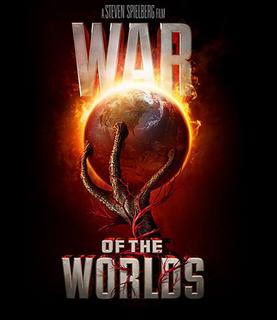
It was rather good, though. The whole cast was excellent, even Mr. Cruise after a while.
Dakota Fanning's performance had depth and nuance uncommon to adult actors, let alone a pre-teen. And
Tim Robbins puts such a passion into playing an Ordinary Joe who has stepped over the line of clear thinking that I completely forgot he was an actor.
The special effects are riveting: Totally seamless to the live action, completely appropriate to the story line, and merely suggested at times in a brilliant move reminiscent of the scariest movies ever made. You know the ones. They never show the monster (or the whole thing) but still manage to frighten you to the core. Ridley Scott's
Alien (1979) was a masterpiece because of this and
Worlds will be long studied by film students for the way the film implements the technique. We still get to see the invaders in stark detail, but not gratuitously. Directors of Spielberg's caliber understand that no manufactured image can equal the terror one's imagination can inflict. The imagery in 1973s
The Exorcist was so disturbing that audiences were sickened, but even more potent was the imagined source behind the horrors.
The photography is just as good as the special effects, particularly the innovative shots used to show the aliens rather than the typical point-and-hope-for-awe techniques slopped about in most films. With the lavish set construction and fantastically realistic art direction throughout, nothing less than Oscar-winning photography will do and this film delivers.
Without a doubt,
War of the Worlds is a superbly crafted disappointment for those who are thinking they'll find a film on par with
Independence Day (1996). There can be no better way to bring H.G. Wells into the 21st Century - where his mind has been all along.

